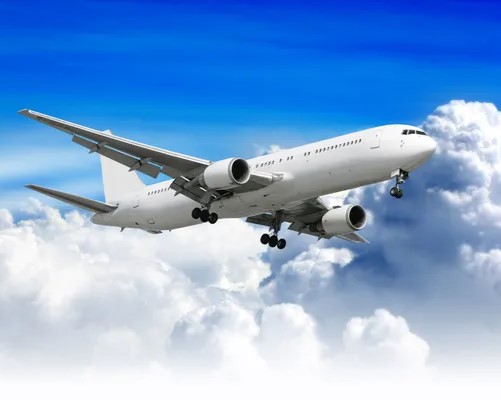
Nigeria’s domestic aviation sector experienced a downturn in 2024, with passenger traffic dropping by 10% due to aircraft shortages and escalating ticket prices. According to data from the Nigeria Civil Aviation Authority (NCAA), the number of domestic air travelers fell from 12.05 million in 2023 to 11.55 million in 2024.
A combination of foreign exchange scarcity, rising maintenance costs, and regulatory constraints forced airlines to ground aircraft and cut back on operations. Many airlines struggled to secure spare parts, with some resorting to cannibalizing components from non-operational planes to keep others flying.
Travelers on routes to second-tier airports such as Ilorin, Akure, Asaba, Benin, Kaduna, Katsina, Sokoto, Ibadan, and Yola faced limited airline options due to the aircraft shortage. With airlines prioritizing more profitable routes, passengers had fewer choices, leading to monopolized routes and job losses within the sector.
The decline in available aircraft directly impacted ticket prices. In 2023, a one-way ticket from Lagos to a second-tier airport averaged N65,000, but by 2024, fares surged to between N100,000 and N300,000.
Olumide Ohunayo, Director of Research at Zenith Travels, attributed the drop in domestic air travel to reduced disposable income among Nigerians. He also noted that airline schedules to some destinations, such as Calabar, remain infrequent, further discouraging passengers.
“We still see a mismatch between available services and passenger demand. Many airlines operate into Calabar just twice a week. Only Ibom Air offers daily flights, and even then, it’s with a 50-seater aircraft,” Ohunayo explained. He emphasized the need for regulatory reforms that encourage smaller aircraft operations to improve connectivity between cities.
Seyi Adewale, CEO of Mainstream Cargo Limited, highlighted the negative consequences of having limited airline competition on certain routes.
“The airline or airlines controlling these routes effectively dictate prices, leaving passengers with no choice or opportunity for fair competition,” he said.
Adewale warned that if an airline operating a monopolized route encounters technical difficulties, passengers could be left stranded, disrupting their business or personal plans.
The aviation industry’s struggles have been increased by the suspension of Dana Air, a budget-friendly carrier with a fleet of six aircraft. This suspension further reduced available capacity on domestic routes, pushing ticket prices even higher.
According to NCAA data, Nigeria’s 13 domestic airlines collectively operate 91 aircraft, but industry insiders report that over half of these planes are either undergoing maintenance or are grounded due to operational challenges.
Ibrahim Mshelia, CEO of West Link Airlines, noted that foreign exchange scarcity has made it difficult for airlines to procure spare parts and resume operations.
“Many airline fleets are depleted because operators struggle to secure the dollars needed for maintenance. Without timely access to foreign currency, operations are delayed, and this, in turn, fuels route monopolization,” Mshelia said.
To address these issues, experts recommend that airlines with active Air Operator Certificates (AOC) and Air Transport Licenses (ATL) consider entering wet-lease agreements with international carriers. This could provide temporary relief by deploying additional aircraft to fill capacity gaps in the market.
Without urgent intervention, Nigeria’s aviation sector risks further decline, making domestic air travel even more inaccessible to the average passenger.


